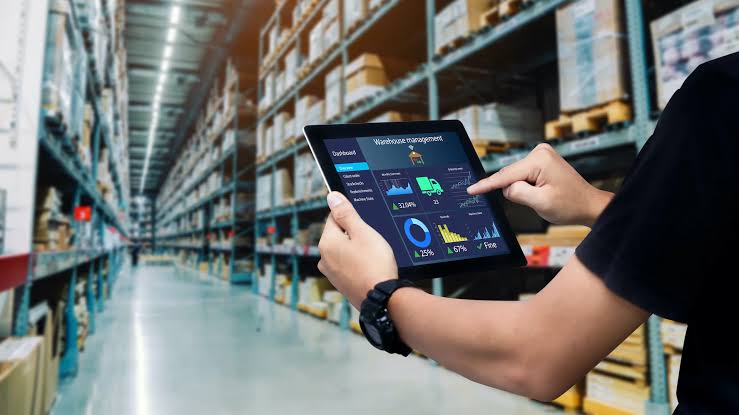
In today’s rapidly evolving business landscape, where global markets intersect with ever-changing consumer demands, efficient logistics management stands as a critical pillar for the success of enterprises across various industries. To meet the challenges posed by globalization and the demands of modern commerce, businesses are increasingly turning to advanced technology to optimize their operations. Among these technological innovations, Warehouse Management Systems (WMS) emerge as indispensable tools for enhancing warehouse efficiency and driving overall supply chain performance.
The Evolving Landscape of Logistics Technology
In an era characterized by the dominance of e-commerce and the proliferation of global supply chains, the traditional methods of managing warehouses, often reliant on manual processes and outdated systems, have become inadequate. The need for real-time visibility, precise inventory tracking, and seamless order fulfillment has propelled the adoption of advanced logistics technology solutions.
Empowering Efficiency through Warehouse Management Systems
At the core of modern logistics technology lies Warehouse Management Systems (WMS), which offer a comprehensive suite of tools to optimize warehouse operations. From inventory management and order processing to labor optimization and space utilization, WMS provides businesses with the capabilities needed to enhance productivity, minimize errors, and improve customer satisfaction.
Key Features of Warehouse Management Systems
- Inventory Management: WMS provides real-time visibility into inventory levels, locations, and movements within the warehouse. By maintaining accurate inventory records and automating replenishment processes, businesses can prevent stockouts, reduce excess inventory, and improve order accuracy.
- Order Fulfillment: WMS streamlines the order fulfillment process by optimizing picking routes, allocating resources efficiently, and ensuring timely order processing. With features such as wave picking, batch processing, and order prioritization, businesses can fulfill orders faster and with greater accuracy.
- Labor Optimization: WMS helps businesses optimize labor resources by assigning tasks based on workload, skill level, and priority. By automating routine tasks and providing real-time performance metrics, WMS enables managers to improve workforce productivity and reduce labor costs.
- Space Utilization: WMS maximizes warehouse space utilization by optimizing storage configurations, implementing slotting strategies, and managing inventory placement dynamically. By minimizing wasted space and improving warehouse layout efficiency, businesses can increase storage capacity and reduce operating costs.
The Role of 3PL Warehouse Systems
In addition to managing in-house warehouse operations, many businesses rely on third-party logistics (3PL) providers to handle their distribution networks. 3PL warehouse system seamlessly integrate with WMS, enabling businesses to extend their logistics capabilities and leverage external resources more effectively. By collaborating with 3PL providers and tapping into their expertise and infrastructure, businesses can enhance flexibility, scalability, and geographic reach.
Case Study: CartonCloud Revolutionizing Logistics Management
An exemplary player in the logistics technology space is CartonCloud, a cloud-based WMS tailored specifically for transport and warehouse operations. With features such as electronic proof of delivery, route optimization, and real-time tracking, CartonCloud empowers businesses to streamline their logistics processes and deliver exceptional customer experiences. Leveraging the power of cloud technology, CartonCloud enables businesses to access critical logistics data anytime, anywhere, and scale their operations with ease.
Embracing the Future of Logistics Technology
As businesses continue to navigate the complexities of modern commerce, the importance of logistics technology will only continue to grow. By investing in advanced solutions like Warehouse Management Systems and collaborating with innovative partners such as CartonCloud, businesses can stay ahead of the competition, adapt to evolving market trends, and deliver value to customers more efficiently than ever before.
In conclusion, the integration of logistics technology, particularly Warehouse Management Systems, is no longer a luxury but a necessity for businesses striving to thrive in today’s dynamic marketplace. With the right tools and strategies in place, businesses can optimize their warehouse operations, enhance supply chain efficiency, and unlock new opportunities for growth and success.



